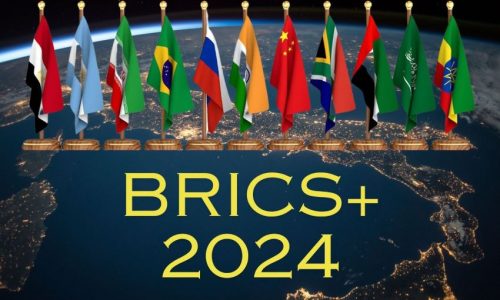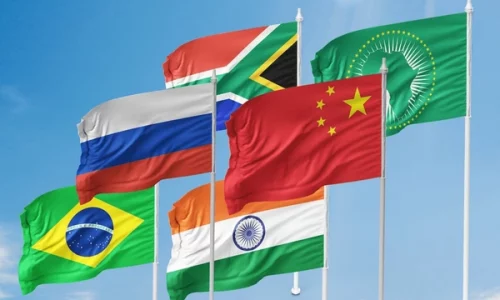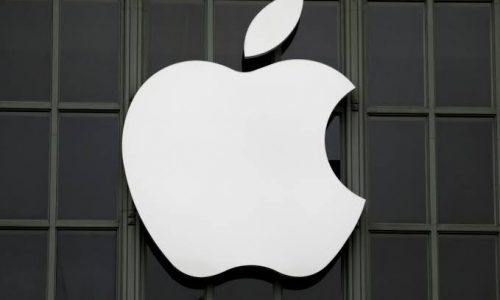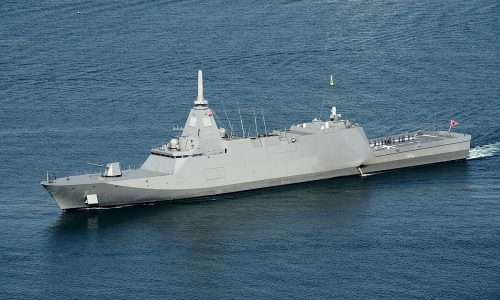President Prabowo Subianto is poised to deepen Indonesia’s diplomatic and economic engagement with China during a state visit to Beijing from November 8 to 10, 2024, at the invitation of President Xi Jinping. This visit represents a pivotal step in advancing Indonesia’s strategic partnership with China and is expected to encompass high-level discussions with President Xi and other top Chinese officials.
“This visit holds substantial importance in reaffirming our commitment to the comprehensive strategic partnership between Indonesia and China across a wide range of sectors,” stated Indonesia’s Foreign Minister Sugiono on November 5, 2024.
Earlier in 2024, then-Defense Minister Prabowo visited Beijing, where he met with Chinese Premier Li Qiang and Defense Minister Admiral Dong Jun. These engagements marked a notable chapter in Indonesia’s diplomacy, underscoring the intent to strengthen bilateral ties. Premier Li acknowledged the momentum in Indonesia-China relations, emphasizing a shared vision for a mutually beneficial future.
Li expressed China’s commitment to reinforcing trust, expanding multifaceted cooperation, and collaborating on the global stage through the United Nations and East Asian forums to advance the interests of developing nations.
Navigating a strategic balance between China and the West
Analysts anticipate that under Prabowo’s leadership, Indonesia will sustain its strong economic connections with China while maintaining strategic defense partnerships with the United States and European allies. Teuku Rezasyah, an international relations expert at Padjajaran University, highlighted that while China is well-positioned to meet Indonesia’s short-term economic needs, it lacks the advanced technological capacity Indonesia seeks in defense.
“China’s R&D and defense technology remain limited,” Rezasyah told Indonesia Business Post on September 13, 2024. “For critical defense needs, Indonesia will continue to rely on the United States.”
Rezasyah noted that Indonesia has granted significant military cooperation privileges to the U.S. through initiatives like the Garuda Shield and Super Garuda Shield joint exercises, positioning Indonesia as a semi-ally of the U.S. However, despite the strategic partnership, military collaboration with China remains relatively limited.
“There’s a delicate balance,” Rezasyah observed. “China is keenly aware of our robust military ties with the U.S., while the U.S. is attentive to our growing economic relations with China. President Prabowo’s challenge now is to incorporate new players—such as France, the European Union, and Japan—into Indonesia’s long-term vision for a comprehensive strategic partnership.”
In this nuanced geopolitical landscape, Prabowo’s administration is tasked with positioning Indonesia as a dynamic actor that leverages partnerships with diverse global powers, balancing interests in economic growth, security, and regional stability.








